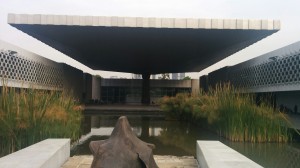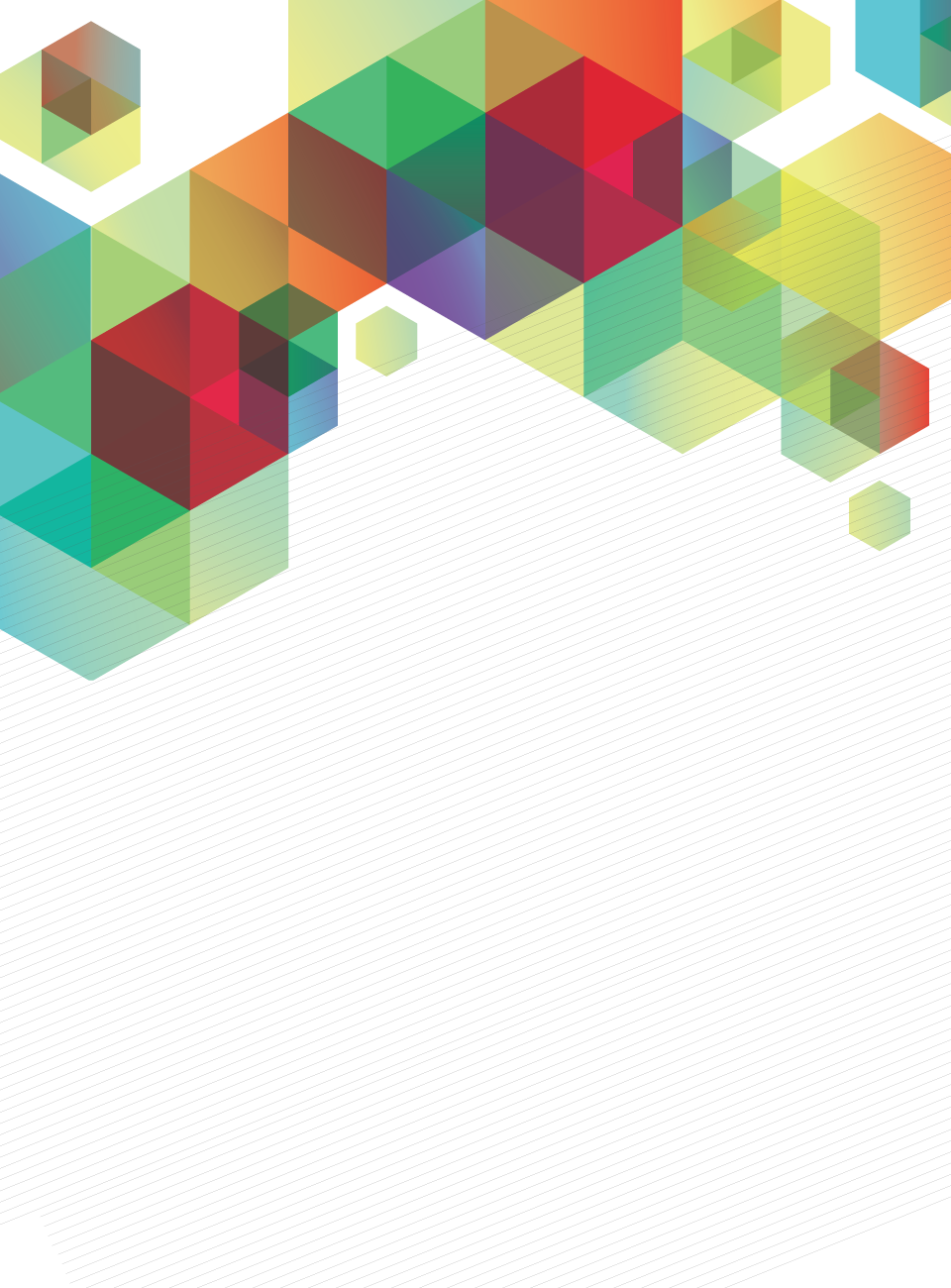Blog
A Mesa is Not a Table is Not a Tisch
 If there’s a more peaceful place in an urban setting for contemplation and tranquil thinking than this lovely patio at the Museum of Anthropology in Mexico City, I don’t know what it is. I spent several hours here yesterday writing in my notebook, thinking, and just kind of spacing out in general.
If there’s a more peaceful place in an urban setting for contemplation and tranquil thinking than this lovely patio at the Museum of Anthropology in Mexico City, I don’t know what it is. I spent several hours here yesterday writing in my notebook, thinking, and just kind of spacing out in general.
Since I’m here in Mexico studying Spanish, language has been on my mind quite a bit. When I first started studying Spanish five years ago I worked to memorize my vocabulary mainly by relating Spanish words to their English equivalent, but over time I learned to stop doing this and to just picture the object or concept for which the Spanish word stands.
I’ve always been fascinated by how, in learning a language, you learn more than a mere set of different words, you learn how the people who speak that language view our world. I was thinking of this at the museum, how a mesa for example, is not really the same thing as a table. You can say that mesa “means” table but that’s not quite true.
Both cultures had the idea for a table, an object on which you could set other objects. The idea existed in the mind first and then it was made real and then given a name. This to me is a much more interesting way of thinking of about this than that a mesa is the Spanish speaking equivalent of a table. It also brings us to Plato’s idea of the theory of forms. In the theory of forms there is a perfect table that exists in a different world, a spirit world of permanence. It is a kind of archetypal table, of which the table in our world is a mere imperfect copy.
I always thought that this would imply that all potential forms existed in this spirit world and, as conscious beings like humans had ideas, they were pulled forth as imperfect copies in this world. But, upon reflecting on language and how everything that can be given a name must have existed as an idea first, I now think that we have a direct impact on this world of forms.
It is consciousness that has the power to create ideas and to bring those ideas into the material world, in howsoever imperfect a manner. Therefore it is consciousness that populates the world of forms in the first place and allows them to be real. We always wonder how consciousness arose but I would argue that there was no other choice but for consciousness to arise, that it is as much part and parcel of the fabric of the universe as anything else.
The Aristotelian Unmoved Mover, the Big Bang, or whatever the “first” event was, was simply the result of a form of consciousness having an idea, and since consciousness or the potential to become conscious, is perhaps the one thing that pervades any understanding of reality, it was inevitable that ideas would populate the world of forms and inevitable that they would then be copied imperfectly in the material world. That is of course if you believe in the theory of forms.
Anyway, these are the kinds of thoughts that can flit through your mind in a place like this.
- Written by: Seth Boustead
- On: February 13, 2015
News
-
Two New Scores on this Year’s ‘Sound of Silent Film Festival’
I have two new scores on this year’s Sound of Silent Film Festival! The pieces are scored for flute, clarinet, Read More
-
Seth and Gene’s Excellent Electro-Acoustic Adventure Begins at Westbeth March 8
I’m going on tour with my friend Gene Pritsker and it all starts this Saturday night at the famous Westbeth Read More
-
‘Devil’s Food Cake’ Performance in Holland Michigan
We’re taking the Sound of Silent Film Festival on the road to Holland, Michigan where we’re presenting it with Hope Read More
-
New Piece for Viola and Percussion Premiered on January 24
My new work Hurry Up and Wait will be premiered at a Composers Concordance concert of music for viola and Read More
Blog Archives
- July 2022
- June 2022
- April 2022
- March 2022
- January 2022
- October 2021
- September 2021
- August 2021
- February 2021
- November 2020
- October 2020
- June 2020
- April 2020
- January 2020
- December 2019
- November 2019
- October 2019
- September 2019
- July 2019
- June 2019
- May 2019
- April 2019
- March 2019
- January 2019
- December 2018
- November 2018
- October 2018
- September 2018
- August 2018
- July 2018
- May 2018
- April 2018
- March 2018
- February 2018
- January 2018
- December 2017
- November 2017
- October 2017
- September 2017
- August 2017
- July 2017
- June 2017
- May 2017
- April 2017
- March 2017
- February 2017
- January 2017
- December 2016
- November 2016
- October 2016
- September 2016
- July 2016
- June 2016
- May 2016
- April 2016
- March 2016
- February 2016
- January 2016
- December 2015
- November 2015
- October 2015
- September 2015
- August 2015
- July 2015
- June 2015
- May 2015
- April 2015
- March 2015
- February 2015
- January 2015
- December 2014
- November 2014
- October 2014
- September 2014
- August 2014
- July 2014
- June 2014
- May 2014
- April 2014
- March 2014
- February 2014
- January 2014
- December 2013
- November 2013
- October 2013
- September 2013
- August 2013
- March 2011
- August 2010
- May 2010
- October 2009



Leave a Reply